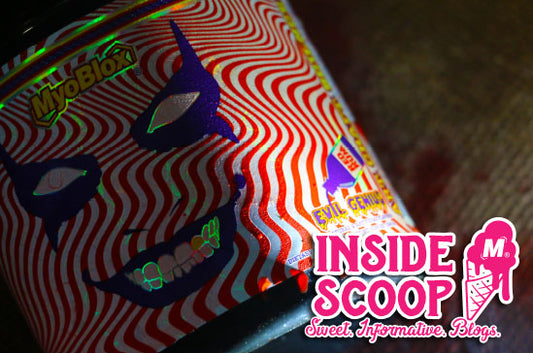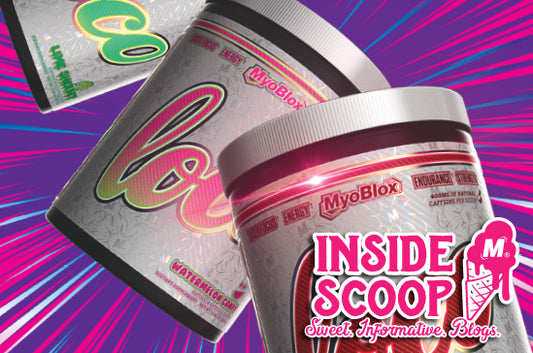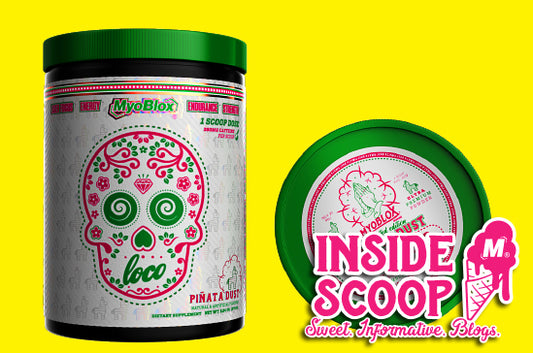
SULBUTIAMINE 101
BEHIND THE INGREDIENT: SULBUTIAMINE
Sulbutiamine is a derivative of thiamin, or vitamin B1. Thiamin is an essential vitamin that is used in the biosynthesis of GABA and acetylcholine. Chemically, it is 2 modified thiamin molecules bound together by a disulfide bridge. This makes the molecule much more lipophilic or fat soluble which allows for greater ability to cross the blood-brain barrier compared to thiamin. In fact, sulbutiamine can raise brain levels of thiamin 2.4x greater than thiamin itself.10 This is essential since sulbutiamine works in the brain and affects your neurotransmitters including glutamate, acetylcholine and dopamine.11
Sulbutiamine is medicinally used in people with thiamin deficiencies, since it can reach your brain more effectively than thiamin. Sulbutiamine is starting to be more commonly used as a nootropic supplement because of its unique properties and mechanism of action. Sulbutiamine works by stimulating glutamate, one of your brain's primary excitatory neurotransmitters that is responsible for memory formation, learning, and neural communication. It also has been shown to lower dopamine levels in your prefrontal cortex, which might sound bad at first, but your body will actually increase the number of dopamine receptors due to this reduced dopamine levels.12 This, in turn can increase your overall dopamine sensitivity.13 Dopamine, a neurotransmitter that critical to your body's reward-motivation system, is responsible for a sense of euphoria and pleasure. Sulbutiamine is known to elicit feelings of increased wakefulness and anti-fatigue. Typical doses are between 200-1000mg/d, spaced out over multiple doses.
Fun Fact: Sulbutiamine was first synthesized in Japan in 1936 by a Naval doctor as a way to supplement for vitamin B1 deficiencies, which are common in most Asian countries. It was so successful that the Japanese military used it in WW2 and ever since.
DID YOU KNOW OUR TETRA® CONTAINS SULBUTIAMINE? TRY IT TODAY!
- Bettendorff L, Weekers L, Wins P, Schoffeniels E. Injection of sulbutiamine induces an increase in thiamine triphosphate in rat tissues. Biochem Pharmacol. 1990;40(11):2557-2560.
- Trovero, Fabrice, et al. "Evidence for a modulatory effect of sulbutiamine on glutamatergic and dopaminergic cortical transmissions in the rat brain." Neuroscience letters1 (2000): 49-53.
- Mitsushima, D. et al. A cholinergic trigger drives learning-induced plasticity at hippocampal synapses. Nat. Commun. 4:2760 doi: 10.1038/ncomms3760 (2013).
- Hong S. Dopamine system: manager of neural pathways. Frontiers in Human Neuroscience. 2013;7:854. doi:10.3389/fnhum.2013.00854.








